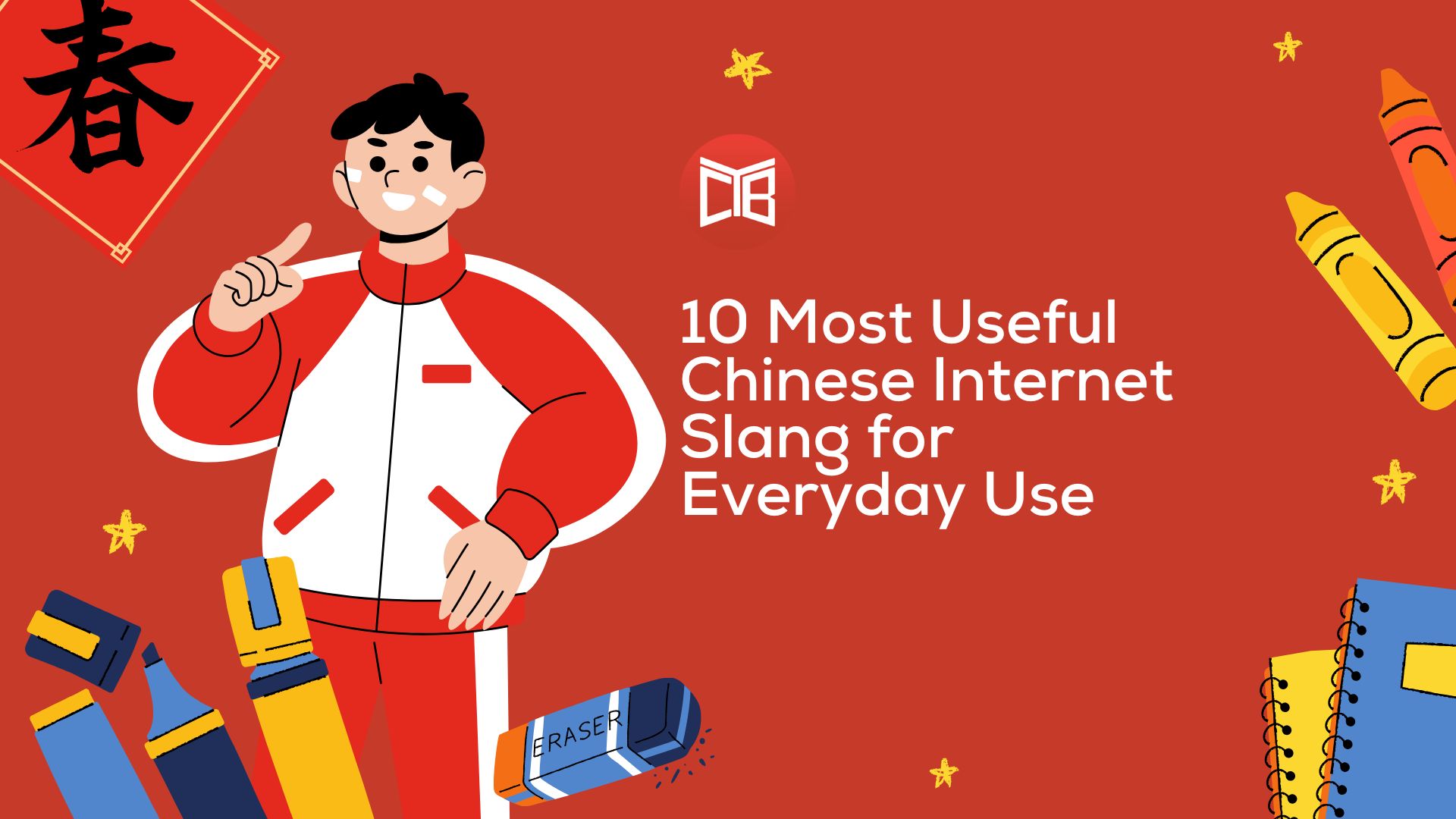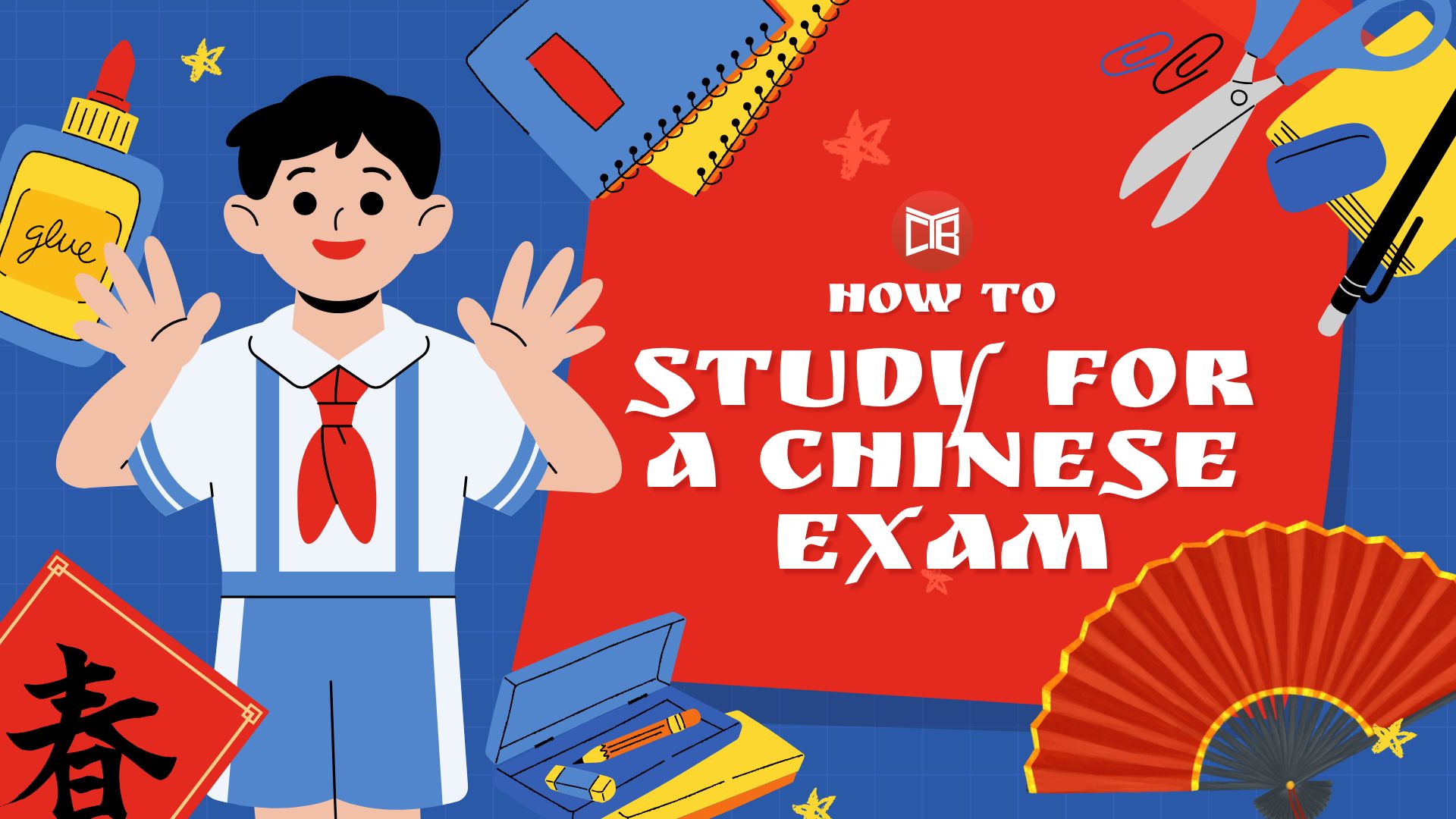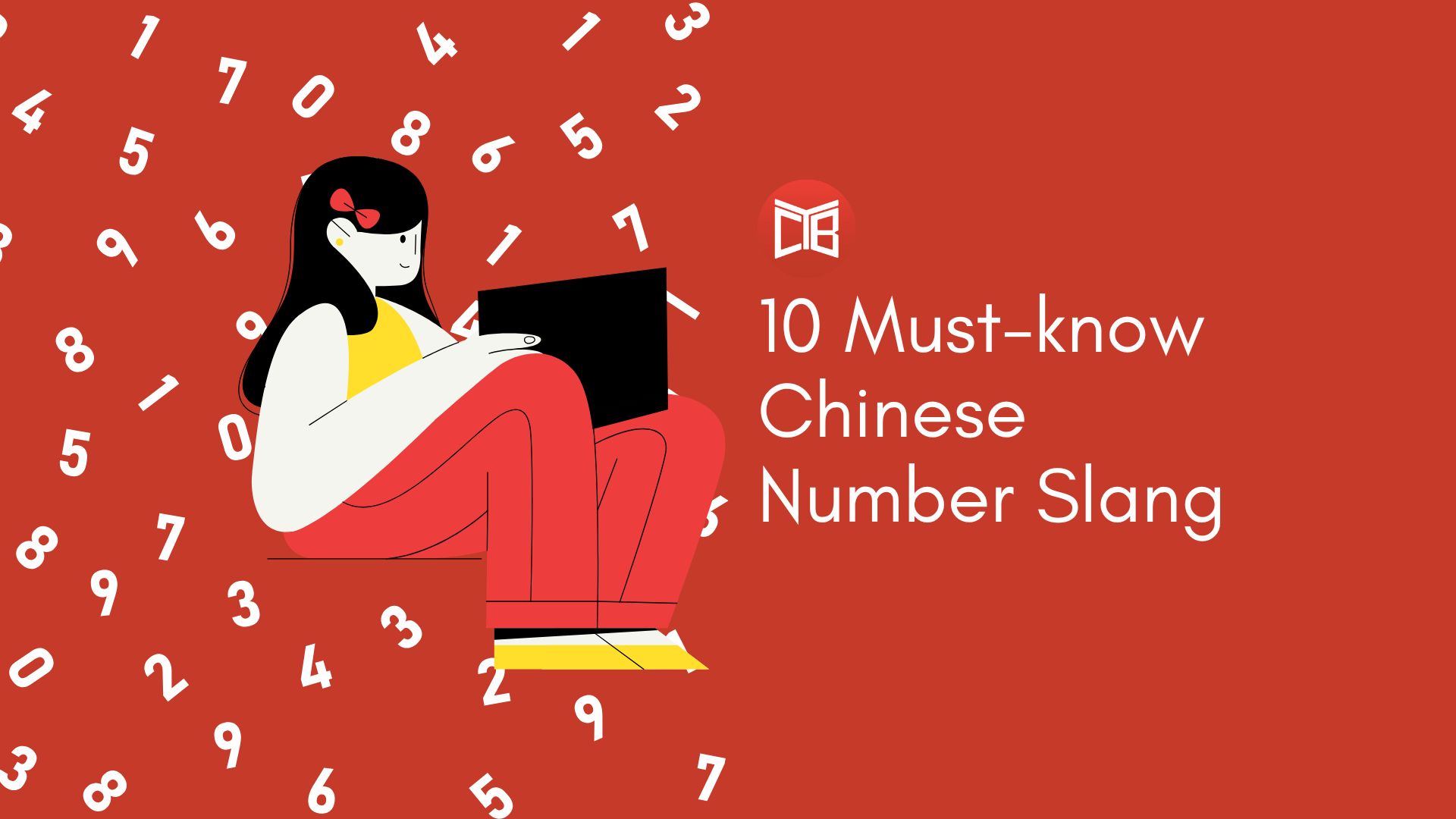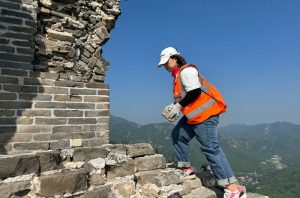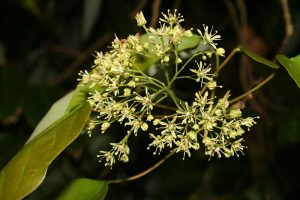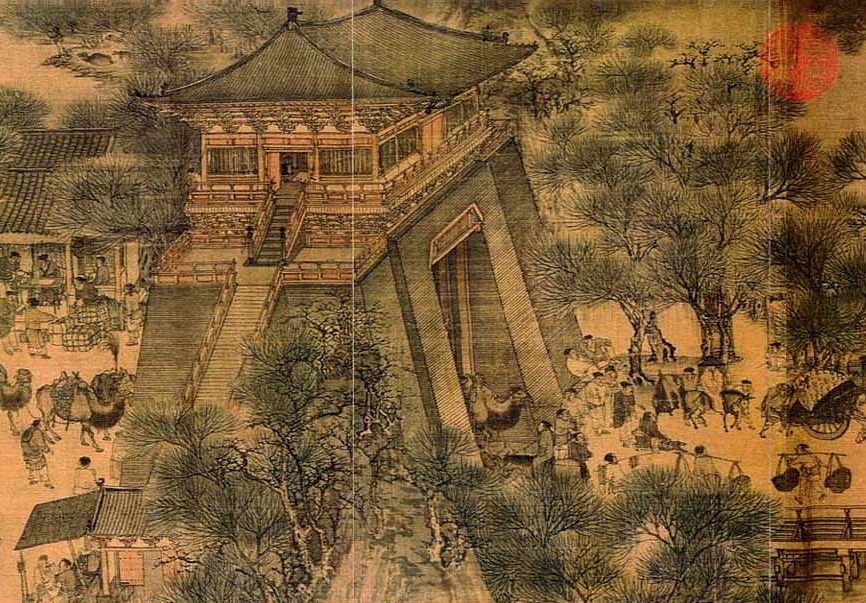
For those of you who have visited China, you may have heard of the approaching Tomb Sweeping Festival, which is celebrated on the fourth of April. But have you ever wondered, why is it listed as a public holiday in China? How significant is this? Furthermore, Tomb Sweeping Festival and the Cold Food Festival are now celebrated together – what on earth is the Cold Food Festival?
Firstly, Tomb Sweeping Festival is one of the twenty-four solar terms that are determined by the alternation of the sun’s positions in the zodiac all year round which reflect things such as temperature, precipitation and phenology. Owing to this, it’s not only the time of year for sacrifice, worshiping the dead, but also for spring sowing. In the Tomb Sweeping Festival season, temperature goes up, rainfall increases; and thus people start cultivating.
Secondly, the Cold Food Festival, in short: an official called Zitui Jie once cut a piece of his leg muscle for the monarch in the Jin Dynasty, as he almost starved to death. Then, the monarch designated that day as the Cold Food Day, which is one day before Tomb Sweeping Day. He also forbade the use of fire, commanding that people only eat cold dishes to commemorate Zuitui’s death.
As time passed, we integrated these two festivals and now celebrate them together.
What are the customs?
- Worship ancestors and sweep tombs as a sign of respect and gratitude. Clean the graves, burn incense and paper offerings, leave flowers. Some people also get down on their knees as a further sign of respect.
- Spring outing. As people are supposed to have cold dishes on this specific day and some old people are unable to bear the coldness, in order not to harm their body, it’s beneficial to have an excursion and participate in all sorts of outdoor activities. These include flying kites, playing football, swinging, cockfighting, tug of war, polo, water skiing and power boating. In the days of old, women couldn’t often go out, hence it’s a golden opportunity for them to have fun during this season of the year.
Meanwhile, there are also some interesting taboos:
- People choose to sacrifice between 7am and 4pm when their Yan Qi is still sufficient. There are two energies in Chinese Medicine: one is Yang Qi, the other is called Yin Qi. An insufficiency of Yang Qi can lead to many health problems such as cold limbs and nausea – meaning that you may be possessed with some form of devil or spirit. It’s quite superstitious, however we still choose to sweep the tombs during this time period.
- Women who are pregnant can’t sweep the tomb for the sake of the baby. Even those who are menstruating are advised against participating.
- Chrysanthemum is a suitable flower for the dead, white ones in particular, as they express your sincerity, thoughtfulness and the fact that you truly miss your relatives.
- No colorful clothes, laughter, play, taking of photos or eating food while sweeping tombs.
I hope you all now have a better understanding of the upcoming two festivals in China after reading this blog. Don’t be surprised if you are going through continuous rain days at the beginning of April, none of Chinese scholars can explain why it always rains during these festivals – it’s a mystery to us all and maybe the reason why this festival has also come to be known as Ghost Festival.


